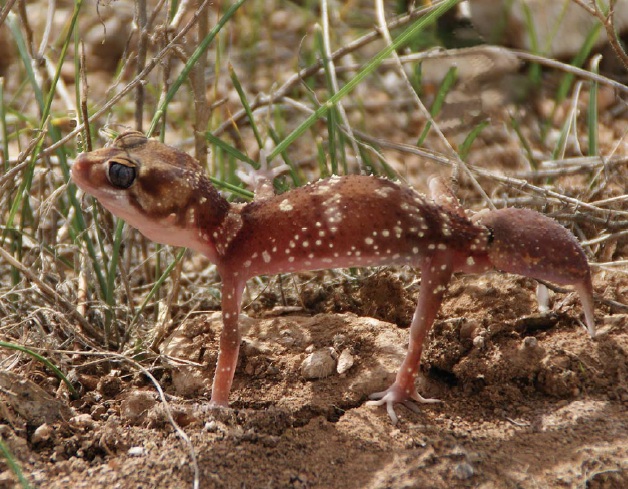Have you ever wondered why some people are still willing to go to Moorunde for working bees? What keeps them coming back? Admittedly, the work has to be done and a sense of duty may play some part, but there must be something else – and there is. It is the small pieces of natural history and other happenings which are remembered and give a feeling of elation. Such as:
Sitting quietly while female black-backed wrens dart about at your feet and a red-capped robin sits on the fence you have just been working on.
Seeing a group of six black-capped sittellas – birds you have never seen before.
Watching male trap-door spiders with their large red jaws and long pedipalps wander across the ground looking for a mate.
Putting a few drops of water on the lichen which is curled up on the ground and watching it open like a flower, turning from pale’ yellow to green.
Folding up your tent and finding under it a gecko lizard with markings on it which the aborigines could have copied for the designs on their boomerangs.

Thick-tailed or Barking Gecko (Underwoodisaurus milii).
Being screeched at by two galahs as you walk past the tree where they must have a nest.
Talking around the campfire at night. Eating damper cooked by one of the men, for morning tea.
Photographing a native cockroach, not the domestic one, but a splendid creature with pale yellow stripes, blue legs and pink antennae.
Watching one of our members paint a picture of a Moorunde scene.
Seeing a new flower and learning its name.
Meeting new people and talking to them of their interests and views.
Going for an early morning walk on your own and seeing more than 20 kangaroos.
Admiring the beautiful pink bark on the mallee trees. In the autumn they shed their old bark and the colour of the fresh bark is brighter, gradually fading as the year goes on.
Listening to the bell-like call of a pardalote, hidden not far away.
Driving to the Reserve at night and seeing a wombat walk across the road or an owlet-nightjar fly past. Waking in the morning with the song of a butcher-bird in your ears.
Small, delightful things. The list goes on and on. Each visit reveals something different.
Don’t you think we are well rewarded for the work we do at Moorunde?
Berna Clements
Natural History, June 1977
